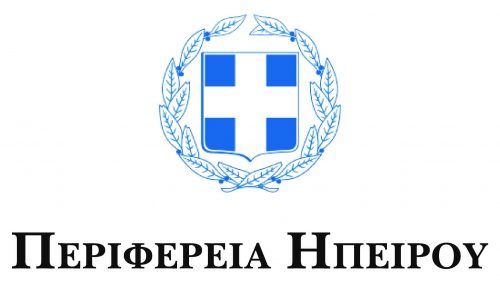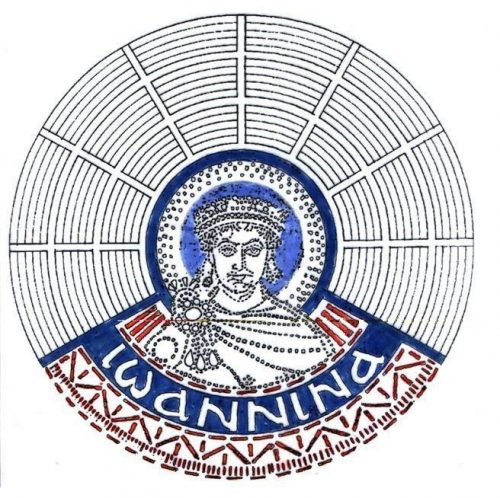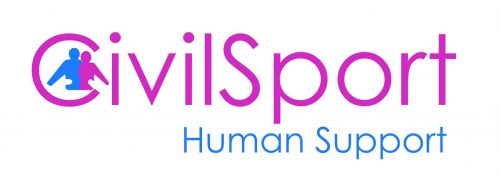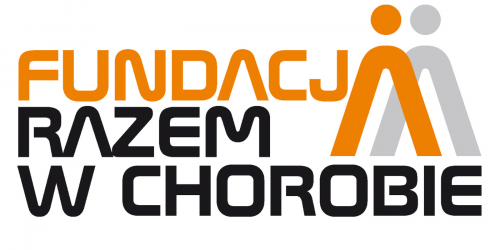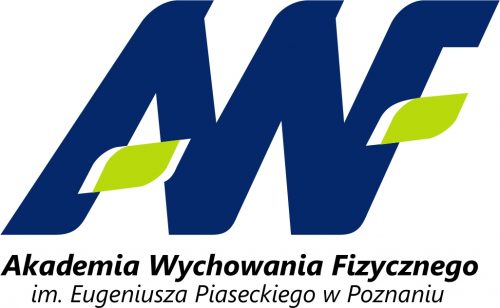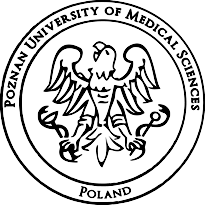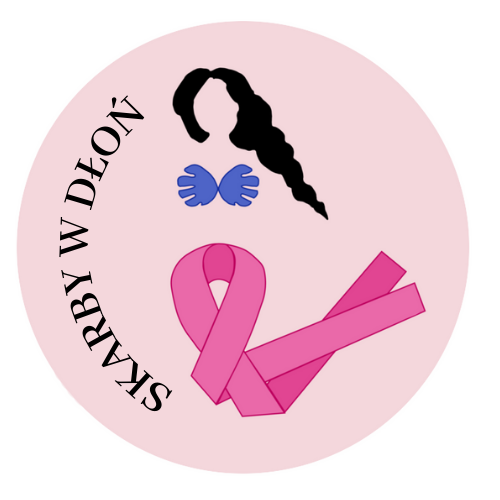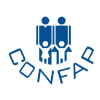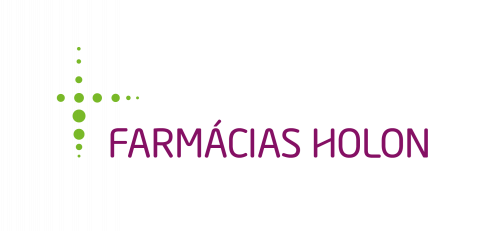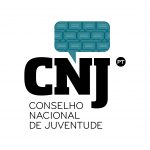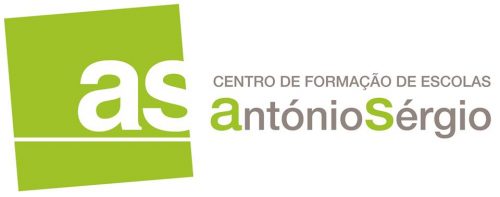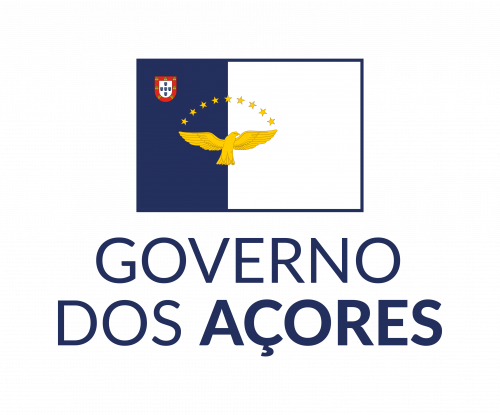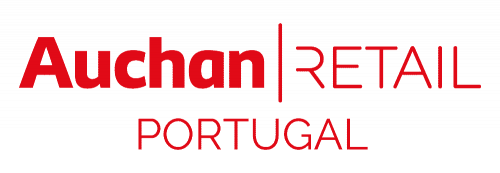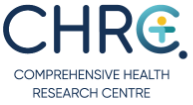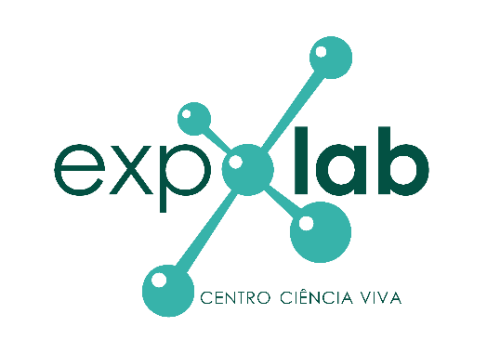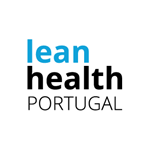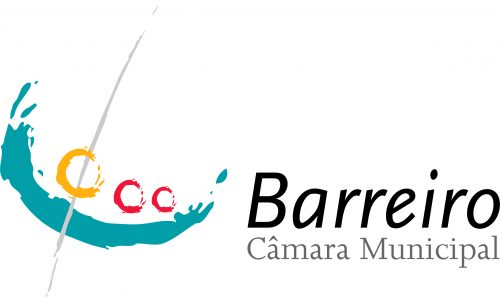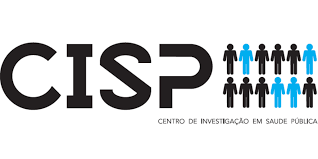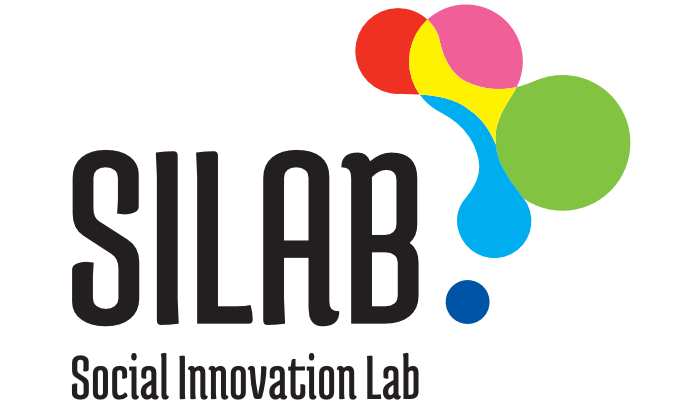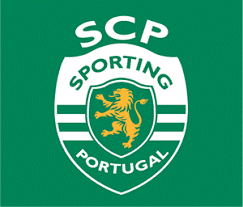PAFSE Stakeholders
PAFSE consortium is working in the development of the science education clusters around schools engaging different types of stakeholders (governmental and non-governmental organizations, start-ups, science platforms, research centers, enterprises, associations, etc.). These partnerships will bring students’ learning experience closer to the development goals, recognized societal needs and the reality of professional and research organisations. The educational activities will strengthen STEM education by bringing public health professionals, entrepreneurs, software developers, specialists in data science, virologists, epidemiologists, engineers, biologists, science communicators, project managers closer to the school to act as role models for the students. By doing so, PAFSE will develop a mechanism for aligning “school education” with “societal challenges” and “professions”. The cooperation between academia, industry and other community agents also aims to impact on students’ understanding of public health issues, how they can serve the role of responsible public health agents and how science and technology influences the behaviours and opportunities for present and future generations.
The collaboration provided by these entities in PAFSE will be mainly focused on:
- Participation in the co-creation and enactment of educational scenarios through the formalization of the collaboration within the local education cluster.
- Providing scientific support for PAFSE, collaborate in the selection of schools for the pilot, and be engaged in policy buy-in actions, as in the mainstreaming of activities of the project through their channels.
- Supporting the engagement of parents/ families in educational activities in which their involvement is actively promoted, such as public discourse events.
- Collaborating in professional and development workshops for professors.
The list of engaged stakeholders will be updated regularly.
PAFSE project also aims to connect with projects with similar goals (see relative information).
Cyprus
- Ministry of Education, Culture, Sport and Youth
- Center for Social Innovation – CSI Cyprus
- Pancyprian Confederation of the Federations of Secondary Schools Parents Associations
Greece
- Hellenic Pasteur Institute (HPI)
- KETHEA Therapy Center for Dependent Individuals
- Department of Educational Radio-television and Digital Media, Directorate of the Greek Ministry of Education (MoE)
- Department of School Education and Health Promotion, of the “Support of School Programs and Education for Sustainability”, Directorate of the Greek Ministry of Education (MoE)
- Department of Biology – National and Kapodistrian University of Athens
- Prevention Center of Municipality of Glyfada
- THRIASIO General Hospital in Elefsina, Attiki, Emergency Department
- University of Thessaly, Department of Medicine, Laboratory of Hygiene and Epidemiology
- ELEKIN, Greek educational institute for analytical group and family psychotherapy
- Department Biomedical Sciences, University Western Attica
Poland
National level
Regional and local level
Portugal
National level
- National Directorate For Health (DGS)
Regional and local level
- Junta de Freguesia do Lumiar

